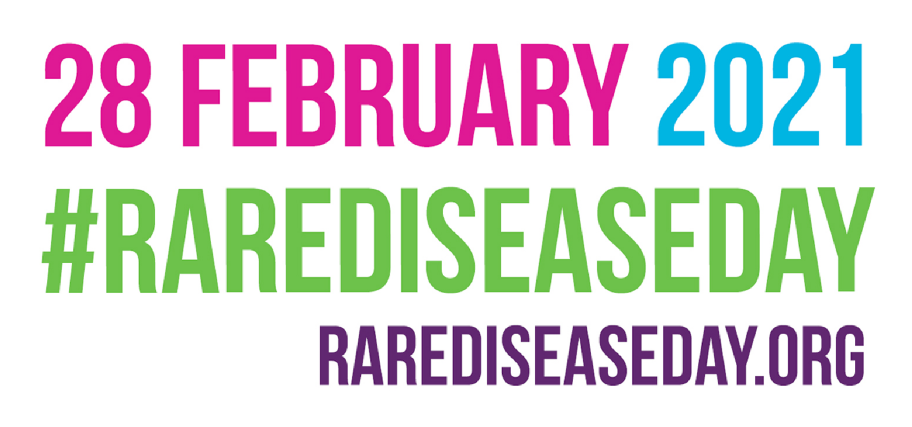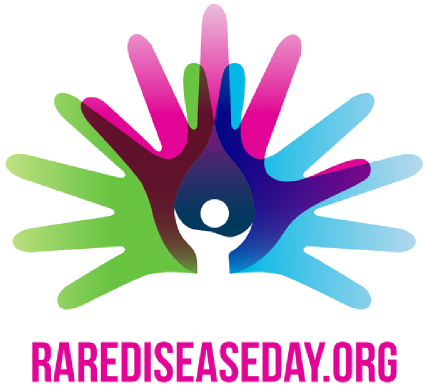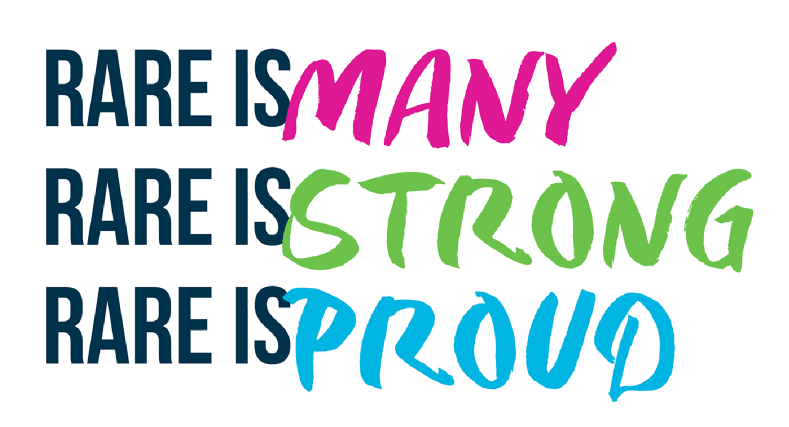Dyne Therapeutics Accelerates Programs in Facioscapulohumeral Muscular Dystrophy (FSHD) with Exclusive Licensing of Technologies to Target Genetic Basis of FSHD and Expanded Scientific Advisory Board
May 19, 2020
Dyne to evaluate therapies targeting genetic cause of FSHD under agreement with international research organization UMONS
Leading FSHD researcher Jeffrey Statland, M.D., appointed to Scientific Advisory Board
WALTHAM, Mass. – Dyne Therapeutics, a biotechnology company pioneering life-transforming therapies for patients with serious muscle diseases, today announced the acceleration of its programs in facioscapulohumeral muscular dystrophy (FSHD) through the exclusive licensing of technologies to target the disease, as well as the appointment of leading researcher Jeffrey Statland, M.D., to its Scientific Advisory Board. Dr. Statland is an associate professor of neurology in the Department of Neurology at the University of Kansas Medical Center. He is also the co-principal investigator for ReSolve (Clinical Trial Readiness to Solve Barriers to Drug Development in FSHD), an ongoing observational study run by the FSHD Clinical Trial Research Network (CTRN) and supported by Dyne Therapeutics.
The intellectual property exclusively licensed by Dyne targets the gene DUX4, which is the genetic basis of FSHD, and was developed by Professor Alexandra Belayew and Dr. Frédérique Coppée at the University of Mons (UMONS) Molecular Biology Laboratory in Belgium. Dyne is advancing an FSHD program using this suite of DUX4-targeting technology in combination with its proprietary FORCETM platform.
FSHD is a rare, debilitating muscle disease for which there are no approved treatments. Dyne’s proprietary FORCE platform enables targeted delivery of a therapeutic inside the muscle cells of FSHD patients, where it is expected to reduce aberrant expression of the DUX4 protein and halt the loss of muscle function that characterizes FSHD. People affected by FSHD experience muscle pain and progressive skeletal muscle loss throughout the body that significantly affects their strength, mobility and quality of life. The muscle weakness often starts in the face, making it difficult to smile, and may progress to the point where affected individuals become dependent upon the use of a wheelchair for mobility.
“Dyne has made a commitment to alleviating the FSHD burden for affected individuals and families. Today’s announcements represent an important step forward for Dyne as we pursue our mission of delivering life-transforming therapies for serious muscle diseases,” said Joshua Brumm, president and chief executive officer of Dyne. “Jeff brings comprehensive insights into FSHD, including cutting-edge research into molecular and neuroimaging biomarkers that may be useful in assessing disease progression in future clinical trials. The agreement with UMONS gives us exclusive access to intellectual property to target the genetic cause of FSHD and complements our own proprietary platform for precision delivery into muscle cells.”
“There is a critical need for therapies to treat FSHD, which takes a debilitating physical and emotional toll on affected individuals and families,” said Dr. Statland. “The Dyne team is advancing FSHD research with their support of the ReSolve study and I believe their FORCE platform holds great potential. I am delighted to join Dyne’s Scientific Advisory Board.”
Dr. Statland is an associate professor of neurology at the University of Kansas Medical Center, with both clinical and research training in neuromuscular diseases. His primary research interest is in FSHD. In addition to co-leading the ReSolve Natural History Study, Dr. Statland, with his collaborators at the University of Rochester Medical Center, is developing a disease-specific patient-reported health inventory and molecular and neuroimaging biomarkers of disease activity for future FSHD clinical trials. Dr. Statland holds a B.A. from Sarah Lawrence College, an MFA from Emerson College and an M.D. from the University of Kansas School of Medicine. He completed residency training in the Department of Neurology at the University of Kansas Medical Center and also conducted a fellowship in experimental therapeutics of neurologic disorders in the Department of Neurology at the University of Rochester Medical Center. He is board certified by the American Board of Psychiatry and Neurology.
About Dyne Therapeutics
Dyne Therapeutics is pioneering life-transforming therapies for patients with serious muscle diseases. The company’s FORCETM platform delivers oligonucleotides and other molecules to skeletal, cardiac and smooth muscle with unprecedented precision to restore muscle health. Dyne is advancing treatments for myotonic dystrophy type 1 (DM1), Duchenne muscular dystrophy (DMD) and facioscapulohumeral muscular dystrophy (FSHD). Dyne was founded by Atlas Venture and is headquartered in Waltham, Mass. For more information, please visit www.dyne-tx.com, and follow us on Twitter, LinkedIn and Facebook.
Media Contact
Ten Bridge Communications
Stephanie Simon, (617) 581-9333
stephanie@tenbridgecommunications.com
« back to news page



